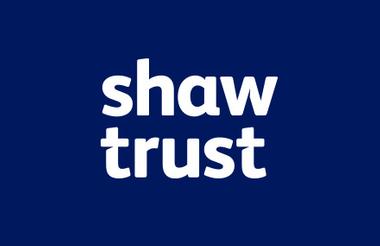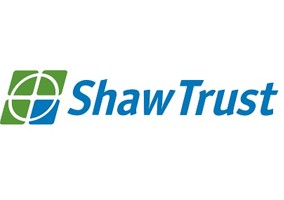Shaw Trust, an education and employment support charity, sold property and other assets worth £7m during the last financial year, as it sought to rebalance its books after previous losses.
The charity’s income rose to £223m in 2019-20 against expenditure of just under £218m, according to accounts published with Companies House this week.
The surplus of around £5m compares with losses of £18m last year, when the charity was forced to liquidise its investment portfolio to fund ongoing costs.
Shaw Trust said that its stronger financial performance is a sign that the charity’s “turnaround plan” is working.
Cost base ‘was really too large’
Stephen King, chief financial officer at Shaw Trust, told Civil Society News that the sale of properties and other assets was part of a “programme for the disposal of non-core assets” so that it could focus on its charitable objectives.
King said: “We had quite a large central cost base which was really too large for the size of the organisation and the size of turnover.”
Most of the £7m raised relates to the sale of Shaw Trust’s former headquarters in Bromley, although the charity also divested of other smaller offices and consultancy services.
King added: “We were quite fortunate that we took some of that action before Covid hit, so we took a lot of the pain before March 2020.”
Reserves down, cash up
Shaw Trust’s free reserves stand at £24m, down from £35m last year, the accounts show.
However, cash-in-hand available to the charity rose for the first time in six years, to £34m.
King said that the stronger cash position is a strategic choice for the charity, which has decided against immediately rebuilding an investment portfolio.
He said: “The priority was to have some liquid funds.
“Clearly, we have gone through a pandemic here, so part of our strategy was to build up our strategic reserves, our cash reserves.”
Shaw Trust might look again at investments “in the longer-term, to get a measured return”, he added.
The accounts said: “The Trust currently has no material investments, having realised the majority of its investments in the prior year.
“The Trust’s liquid assets are held as cash and cover a strategic reserve and sufficient cash for working capital purposes, and is in line with the reserves policy.”
£1m in Covid support
The accounts showed that Shaw Trust was able to access just over £1m in Covid-19 support from the government, mostly in income from the furlough scheme.
King said: “At the high point, about 10% of our workforce was furloughed. That is significantly reduced now, but it was mostly in the retail, garden centre sector.
“We managed to continue most of the other business without furloughing any employees.”
The charity is now “winding down” its involvement in the furlough scheme, he said, adding that Shaw Trust has also benefited from deferring some HMRC payments and some grant support.
The accounts said: “Extensive risk assessment and modelling has been undertaken to assess the impact on our business plan and contingency planning and actions undertaken.”
Pensions, Whitehall and charity shops
Shaw Trust faces a pensions deficit of £113m, up £20m from 2018-19.
The charity said the rise resulted from taking on more academies for its educational work as well as “significant” changes in actuarial estimates.
Income from the charity’s two biggest Whitehall funders rose last year, to £25m from the Department for Work and Pensions and £43m from the Department for Education.
King said that Shaw Trust had also reduced the size of its charity shop network. Income from the shops fell sharply last year, from £4.7m to £2.9m, partly as a result of lockdown restrictions.
“The core charity shops we have now, we believe are of the size and in the locations where they support our cause,” King said.
Related news












